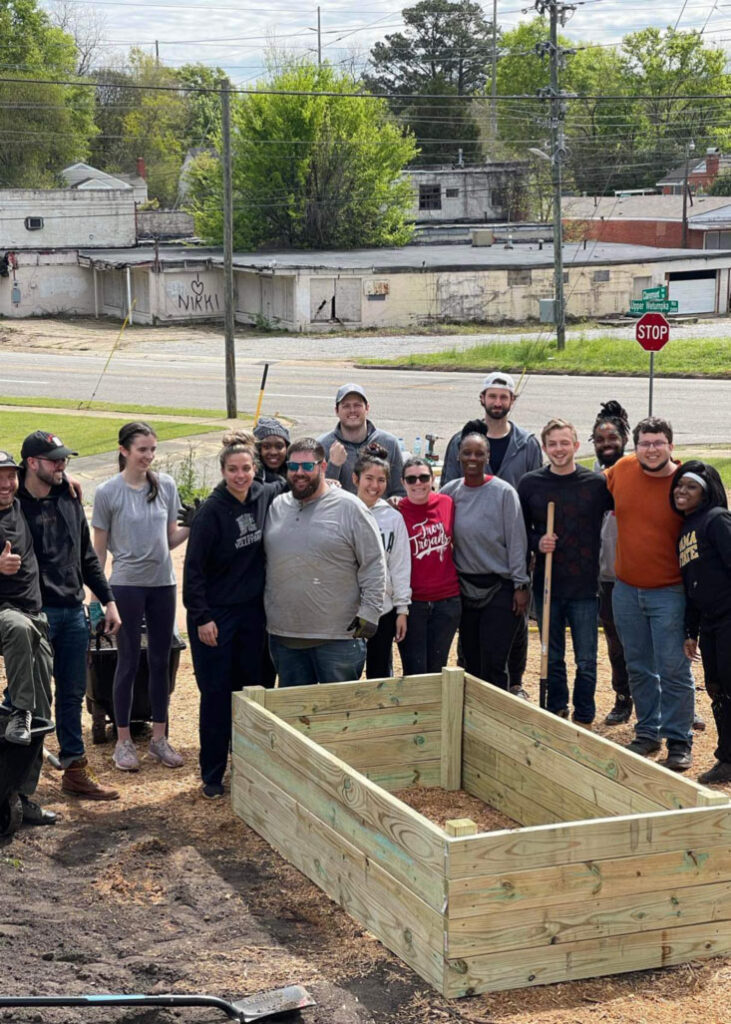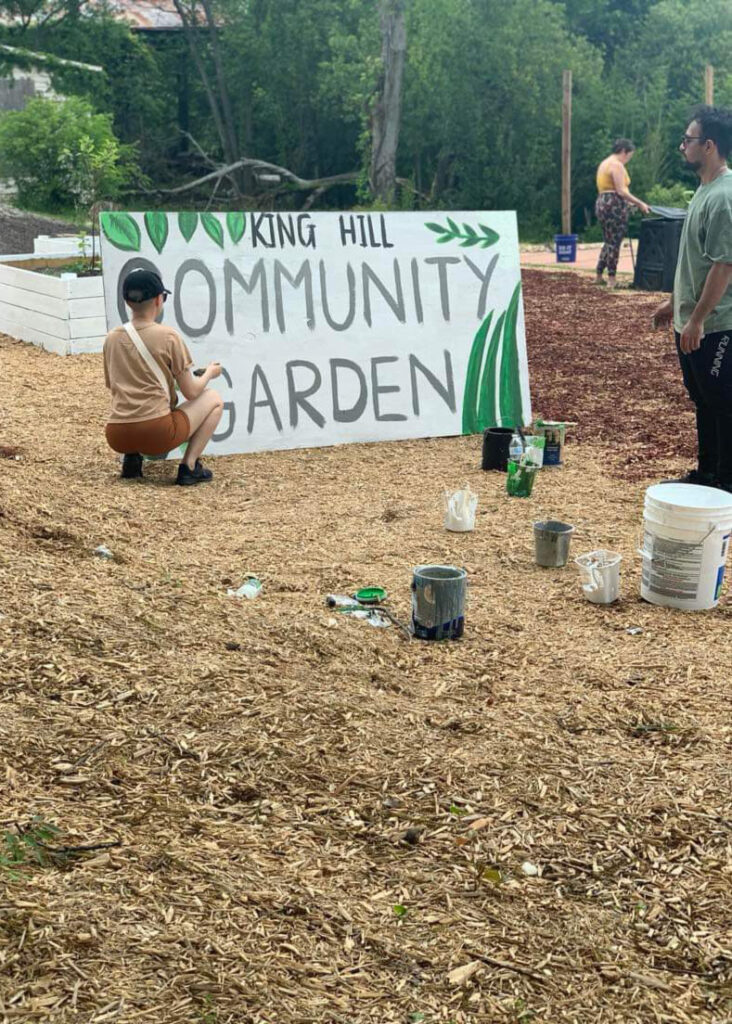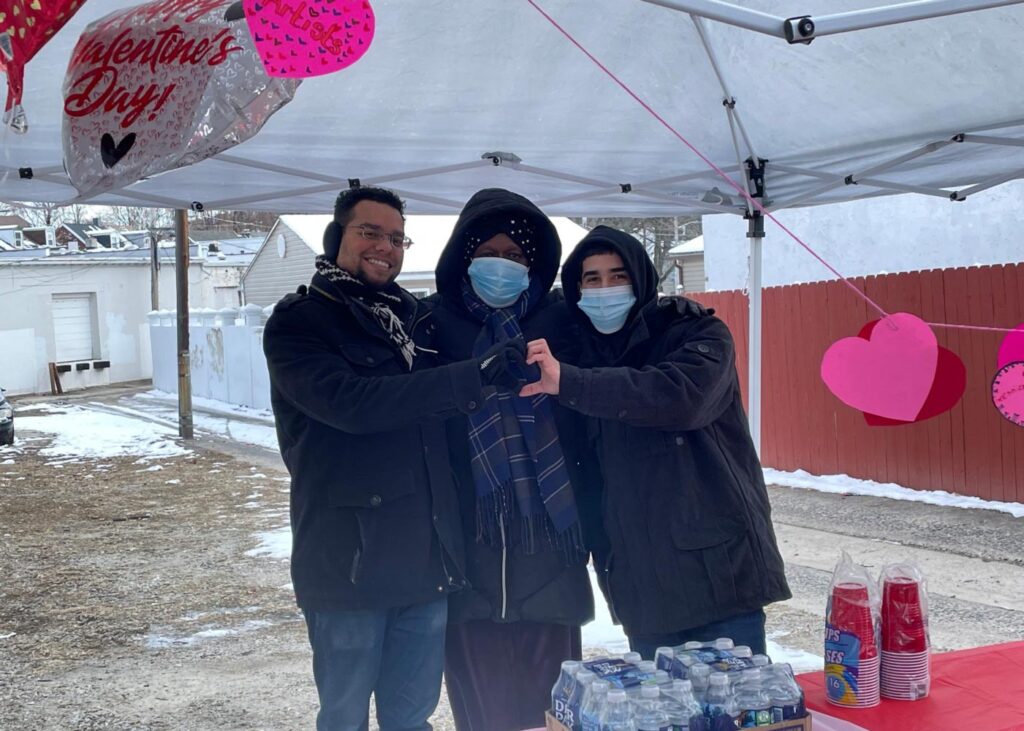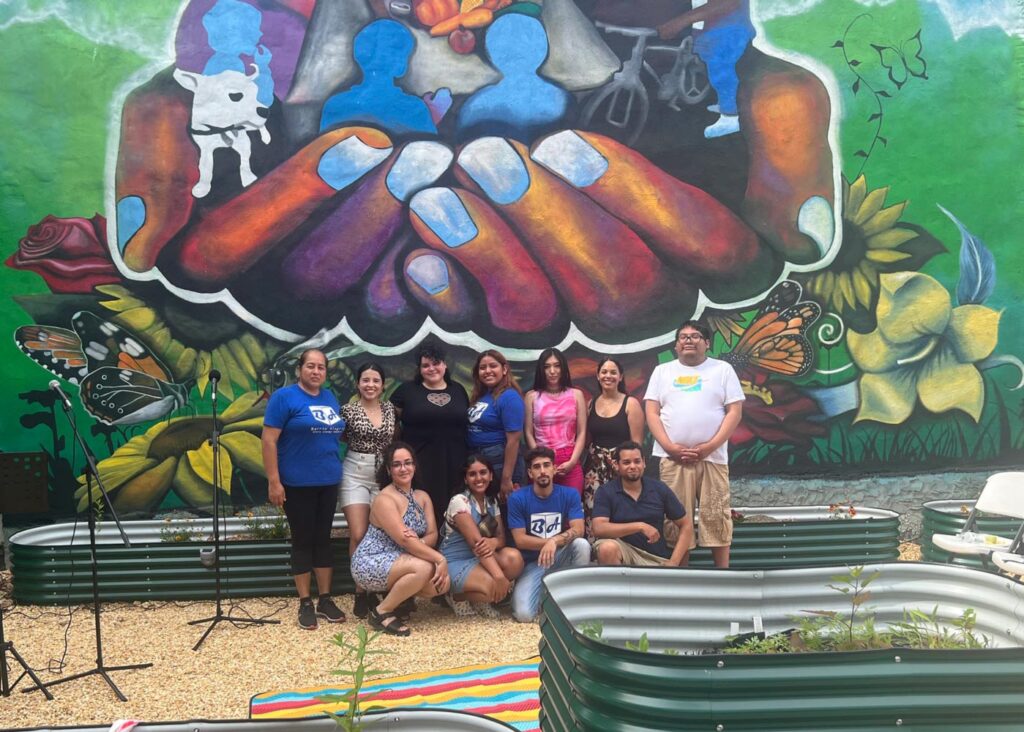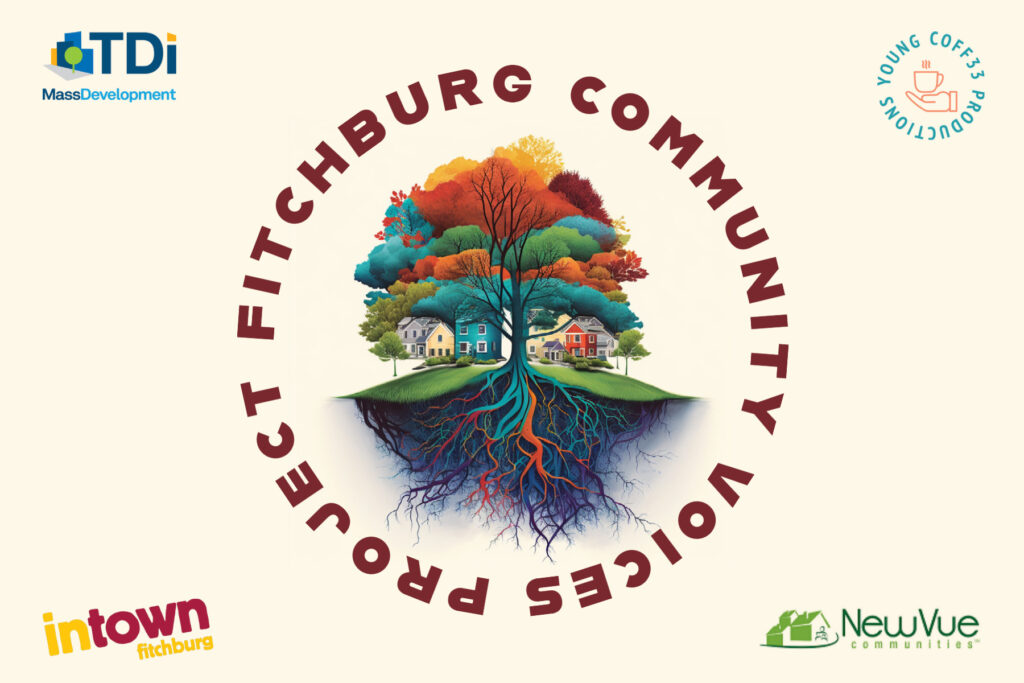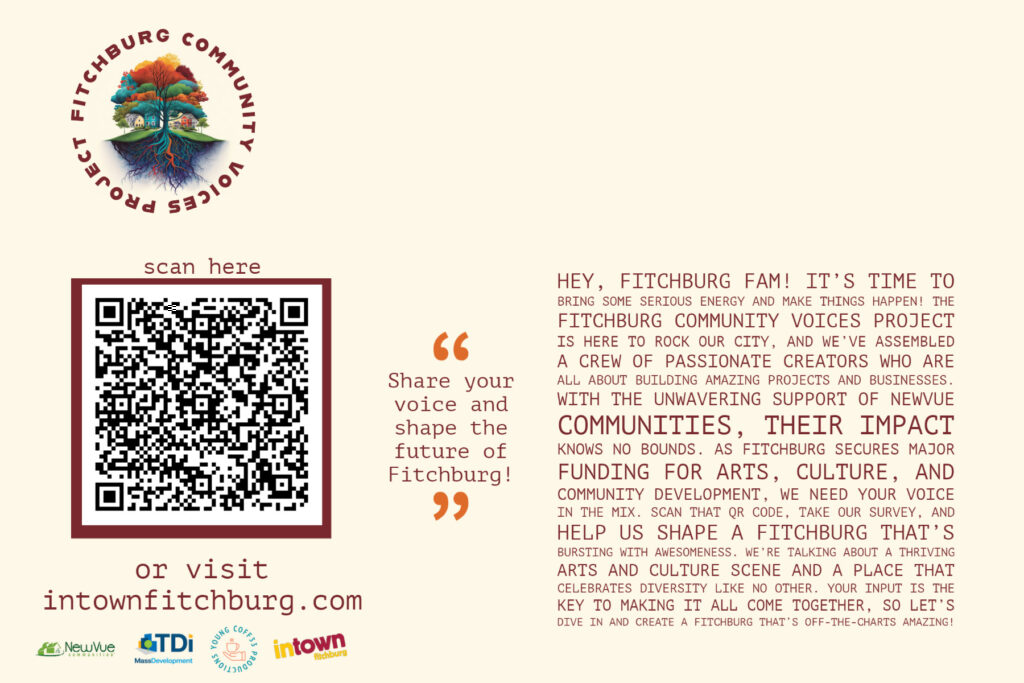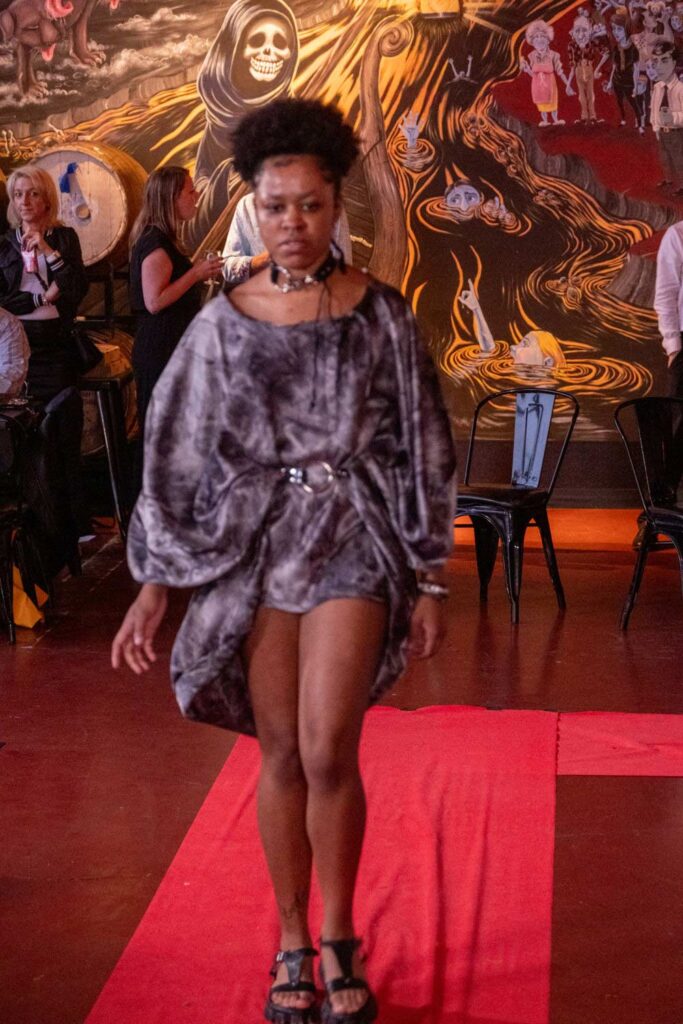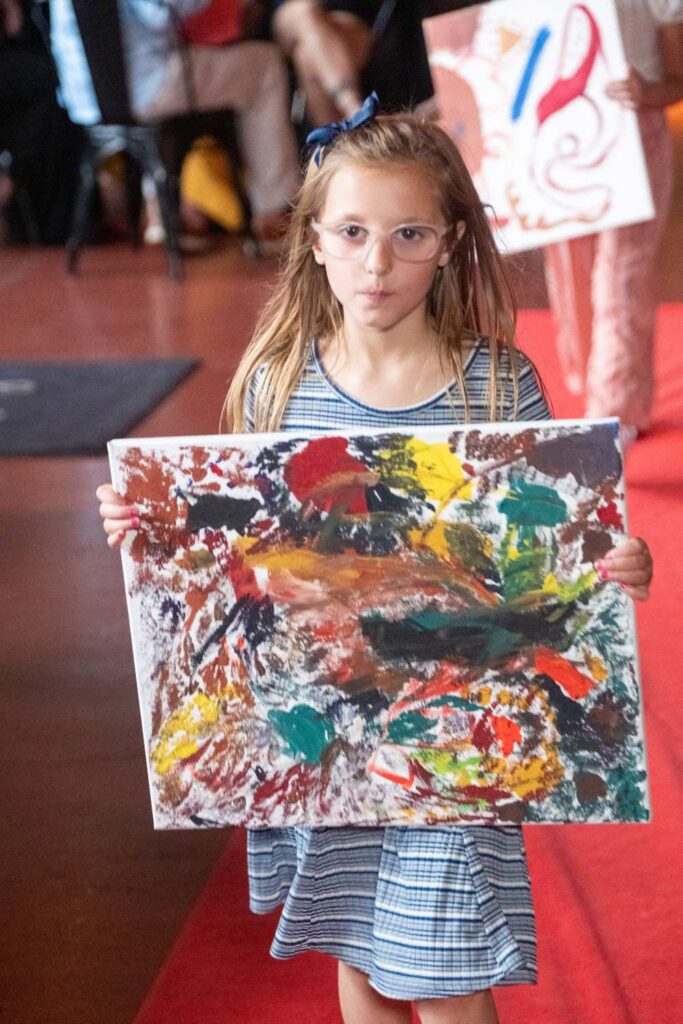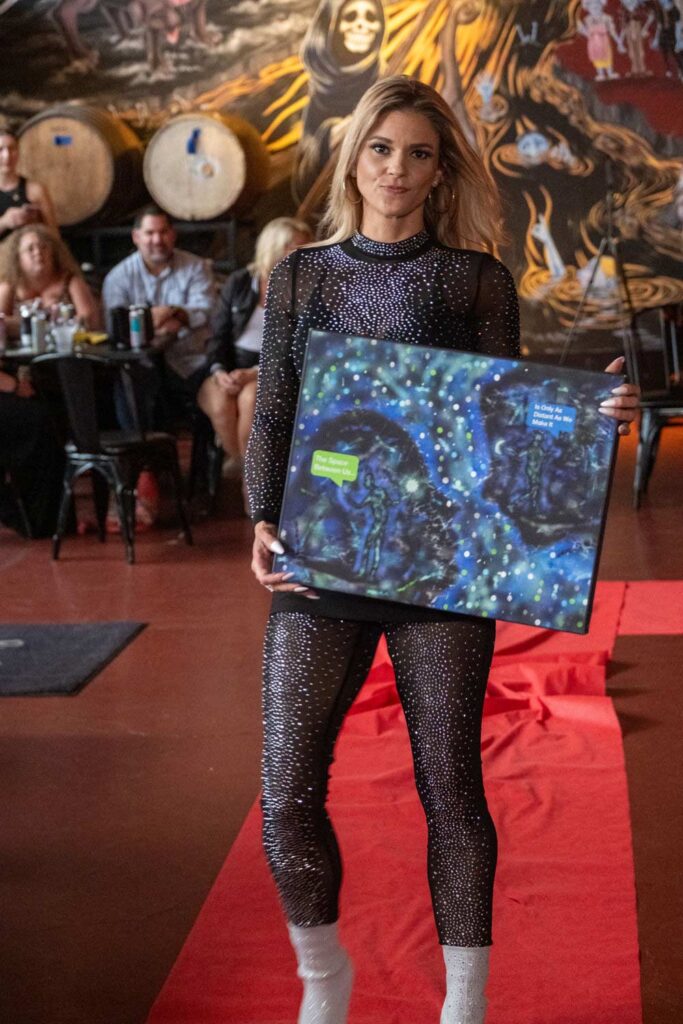Topic(s): Creative Placemaking
Looking Back at the 2020-21 Community Revitalization Fellowship: Creative Placemaking by Community Leaders from Three Cities
September 13, 2023
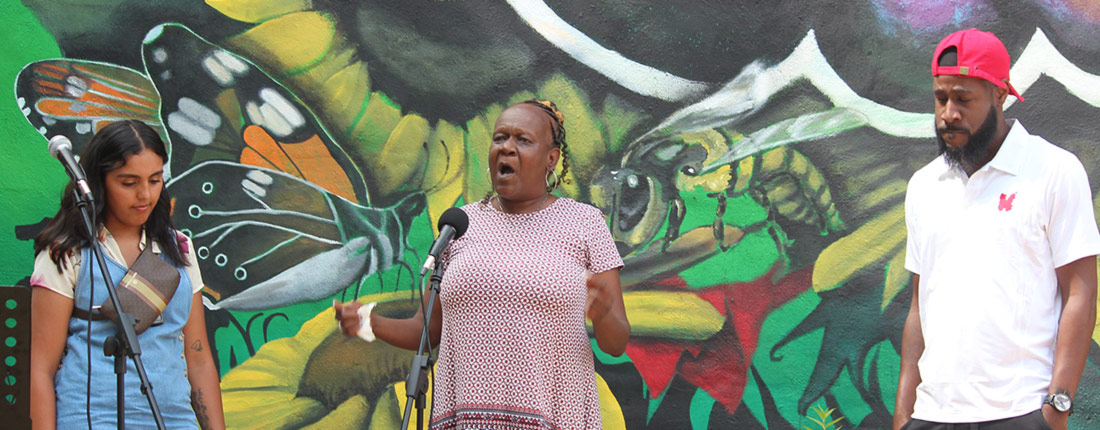
Across the country, residents are working hard to address vacant, abandoned, and deteriorated properties in their neighborhoods. Our Community Revitalization Fellowship (CRF) is an opportunity to uplift those community leaders and help them further their work.
How does the Community Revitalization Fellowship work?
Each year, Community Progress selects six resident leaders from three communities (eighteen people in total) to be CRF fellows. The fellows travel to learning exchanges in each other’s communities, receive technical and leadership training, and take neighborhood tours. Participating in CRF better equips fellows to advocate for and lead change that addresses systemic property vacancy. Each community cohort also receive a $10,000 grant to develop and execute their own creative placemaking projects.
The 2020-2021 CRF Cycle
The 2020-2021 Community Revitalization Fellowship included grassroots community leaders from Fitchburg, Massachusetts; Montgomery, Alabama; and Reading, Pennsylvania. The COVID-19 pandemic required a creative reimagining of what was possible in this program cycle. Despite these difficult circumstances, each group of fellows still found meaningful ways to further their learning and serve their communities. While fellows only travelled for one learning exchange, their experience was supplemented by four virtual training sessions, a number of educational and networking opportunities, scholarships to attend Community Progress’ Reclaiming Vacant Properties Conference, and direct guidance and mentorship from our team. As COVID-19 restrictions in many cities lifted and community members reengaged with their neighbors and neighborhoods, the fellows were positioned to support that work through the grants.
Montgomery, Alabama
The Montgomery, Alabama fellows used their grant to lay the foundation for the King Hill Community Garden, a creative space collectively designed by residents, nonprofit partners, and the city. The garden is a strong example of sustainability in urban settings, and its mural shares an important piece of community history.
The King Hill Community Garden is at the former home of Claudette Colvin, a 15-year-old arrested for refusing to get up from her seat on the bus, nine months before Rosa Parks. Her unjust arrest helped spark the Montgomery Bus Boycott. Despite Colvin’s historical significance, her house was abandoned, and has deteriorated over time. Volunteers, led by CRF fellow Ka-Santa Sanders, are working to preserve the home to honor her legacy. Unveiled in 2021, the mural gives local high school students the opportunity to learn about her history and participate in site-specific artmaking, decorating the fence line directly above the mural with words of encouragement.
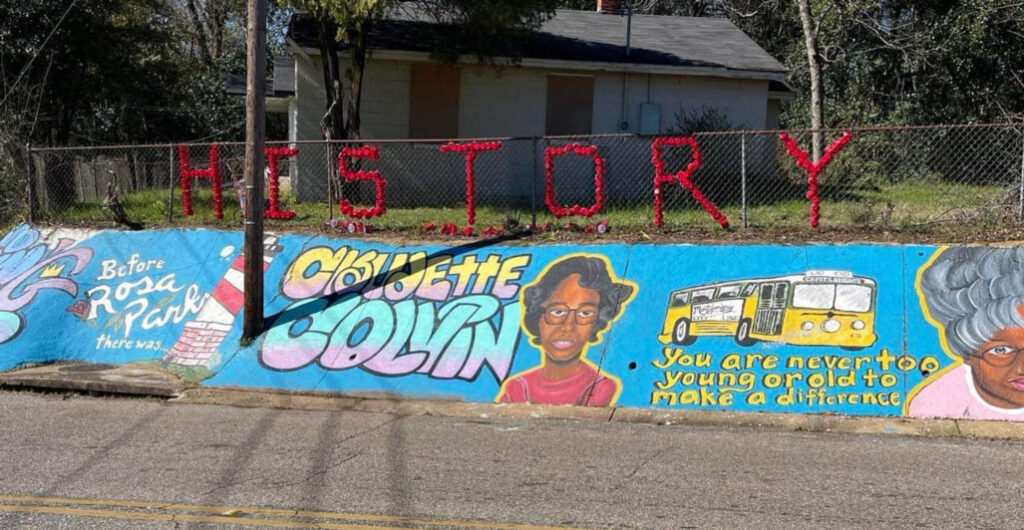
The community garden was the next step of this revitalization work. To get the garden up and running, the fellows used CRF funds to cover expenses related to acquiring the vacant and abandoned lot from the city and establishing utilities. Then, they held monthly volunteer cleanup and beautification days for the garden. The grant went towards feeding volunteers and covering materials costs including cleaning supplies, landscaping equipment, and machine rentals for hard landscaping work. In spring 2023, the monthly beautification efforts transitioned to Art in the Garden events, which have included gardening classes, live paintings, dance performances and cooking demonstrations.
The garden engages other King Hill residents, too. The garden houses a woodworking class to teach residents the skills to repair and update their homes. The fellows have also distributed seeds and plants to residents to encourage them to plant in the community garden or grow at home.
Reading, Pennsylvania
The Reading, Pennsylvania cohort used the grant to deliver art programming and neighborhood events to the South of Penn neighborhood. The cohort knew residents were excited for more investment, engagement, and programming, so they worked with their neighbors to host movie nights, art workshops, block parties, and holiday celebrations at a once-empty South of Penn lot.
Revitalization of the lot was a community-led process, made possible not just by the grant, but also the ideas, collaboration, and hard work of neighborhood residents. Barrio Alegría, which uses art to help people transform their communities, has been building trust with their South of Penn neighbors for years. Jeanette Buchanon, who lives right next to the once-vacant lot, worked with the cohort to add a mural to the side of her home.
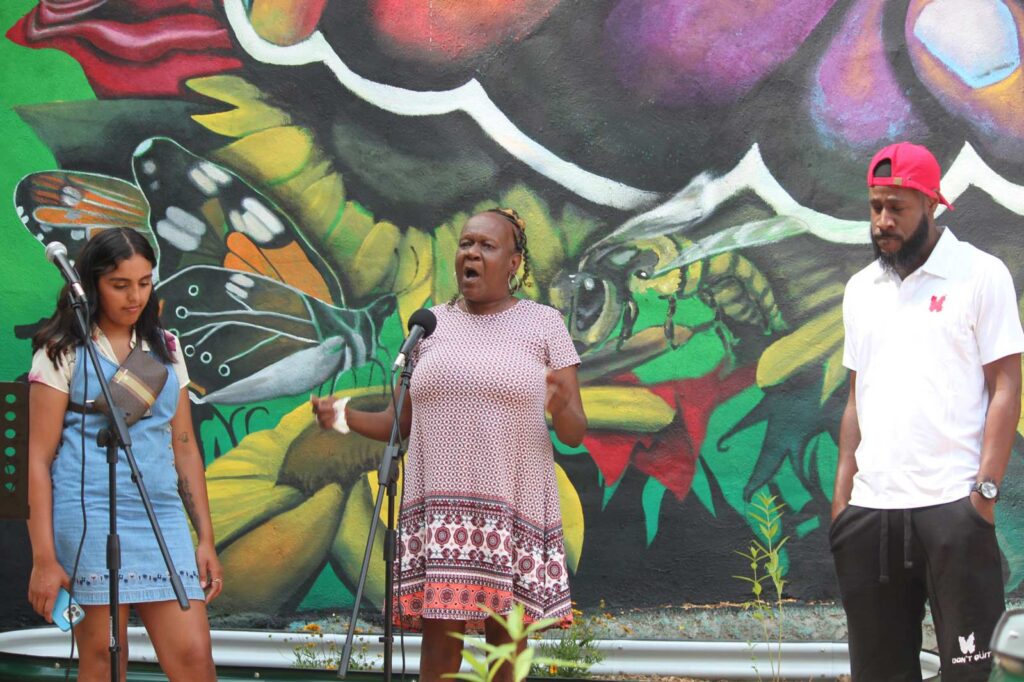
Now dubbed Lucky’s Lane, the lot has been transformed into a hub of arts programming. In July 2023, residents celebrated South of Penn’s community and culture. The festivies began with a walking tour of the district and samples from local restaurants and ending at Lucky’s Lane for a wall mural dedication, neighborhood cookout, and concert.
The fellows also conducted regular cleanups of the community’s Reading Iron Playground, and connected with other community leaders and institutions, including St. John Missionary Baptist Church.
Over the course of 10 months, the fellows organized 26 programs that reached over 2,000 residents—nearly 60 percent of the 3,500 people who live in the greater South of Penn area. Over 1,000 people use the Reading Iron Playground each year. The beautification of the park and playground further enabled its use for community events.
Fitchburg, Massachusetts
The Fitchburg, Massachusetts cohort put part of their CRF grant towards the Fitchburg Community Voices Project, a community needs assessment focused on urban design, community engagement, and tactical urbanism. The Community Voices Project mailed 3,000 cards inviting recipients to complete a survey on arts and culture developments in the city, community priorities, and potential solutions, with the goal of including all Fitchburg residents in the fight against systemic vacancy.
The Fitchburg Community Voices Project also coincides with two community events the grant will help fund. These events function as opportunities for resident engagement and promotion of the Community Voices Project.
The inaugural After the Darkness Runway Show, organized by fellow Gina Vilayphone, happened on June 17, 2023 at the Riverstyx Brewing Company. With over 100 attendees and participants, the Runway Show allowed Fitchburg artists to showcase their work in an underutilized parking lot. “The potential for Gina to create a platform for fashion, and even modeling, in Fitchburg is incredible,” said community organizer Francisco Ramos.
Fellow Derek Craig is organizing the River City Rhythm and Rock Festival on September 9, 2023. Now in its second year and anticipating over 1,000 participants, the festival will bring live music to residents and support Fitchburg cultural district and activate Riverfront Park, an underutilized park on the Nashua River downtown.
Looking for more creative placemaking inspiration? Check out our creative placemaking projects database.
Subscribe to join 14,000 community development leaders getting the latest resources from top experts on vacant property revitalization.

